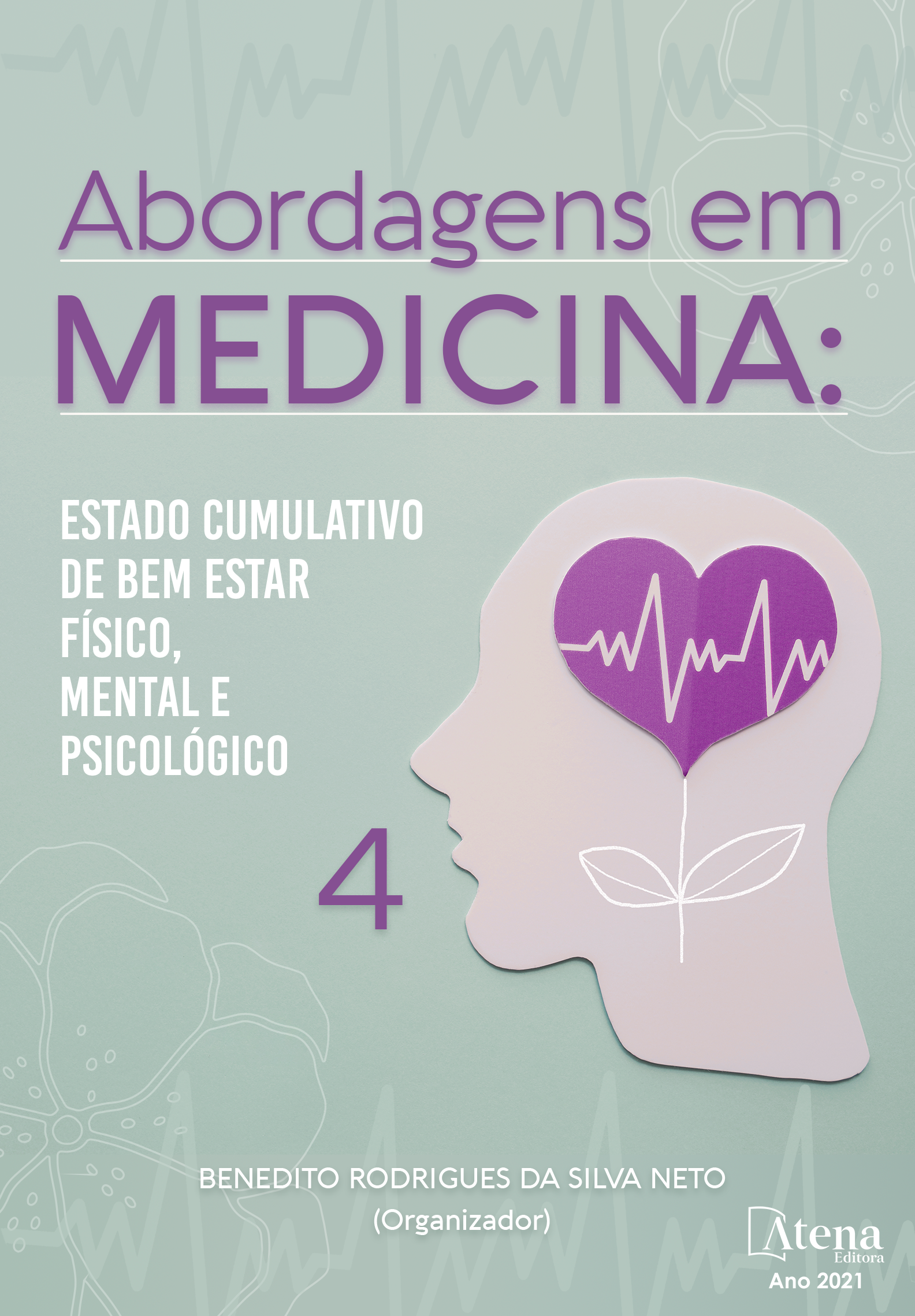
FACTORES DE RIESGO PERINATALES RELACIONADOS CON ALTERACIONES EN EL NEURODESARROLLO
El aumento en la supervivencia de los recién nacidos pretérmino ha significado un incremento también en la morbilidad y de alteraciones del neurodesarrollo, que pueden manifestarse, en diferentes grados, como problemas cognitivos, conductuales, académicos, emocionales, psicosociales y de las funciones adaptativas. Existen múltiples factores de riesgo relacionados con un neurodesarrollo alterado, entre las principales: Apgar bajo, hospitalización prolongada, hipoxia perinatal, peso menor a 1500 gramos, prematurez moderada y defectos congénitos. Se han descrito medidas o intervenciones que directa o indirectamente mejoran los resultados en neurodesarrollo, tales como los avances en ventilación mecánica incluyendo las técnicas no invasivas, la administración antenatal de corticoides y sulfato de magnesio, así como el uso de surfactante pulmonar, y evitar la corticoterapia precoz en el recién nacido. El rol del pediatra es sumamente importante en la evaluación del paciente con riesgo de presentar alteraciones del neurodesarrollo, así como en el seguimiento, es necesario el uso de herramientas estandarizadas que permitan realizar una correcta evaluación e intervención temprana.
FACTORES DE RIESGO PERINATALES RELACIONADOS CON ALTERACIONES EN EL NEURODESARROLLO
-
DOI: 10.22533/at.ed.66621221112
-
Palavras-chave: recién nacido, prematuro, factores de riesgo, neurodesarrollo
-
Keywords: newborn, premature, risk factors, neurodevelopment
-
Abstract:
The increase in the survival of preterm newborns has also meant an increase in morbidity and neurodevelopmental disorders, which can manifest themselves, to different degrees, as cognitive, behavioral, academic, emotional, psychosocial and adaptive function problems. There are multiple risk factors related to impaired neurodevelopment, among the main ones: low Apgar score, prolonged hospitalization, perinatal hypoxia, weight less than 1500 grams, moderate prematurity and congenital defects. Measures or interventions that directly or indirectly improve neurodevelopmental outcomes have been described, such as advances in mechanical ventilation including non-invasive techniques, antenatal administration of corticosteroids and magnesium sulfate, as well as the use of pulmonary surfactant, and avoiding early corticosteroid therapy in the newborn. The role of the pediatrician is extremely important in the evaluation of the patient at risk of presenting neurodevelopmental alterations, as well as in the follow-up, it is necessary to use standardized tools that allow a correct evaluation and early intervention.
-
Número de páginas: 11
- Andrés Alulema-Moncayo
- Catalina Verdesoto-Jácome
- Paola Toapanta-Pinta
- Santiago Vasco-Morales


